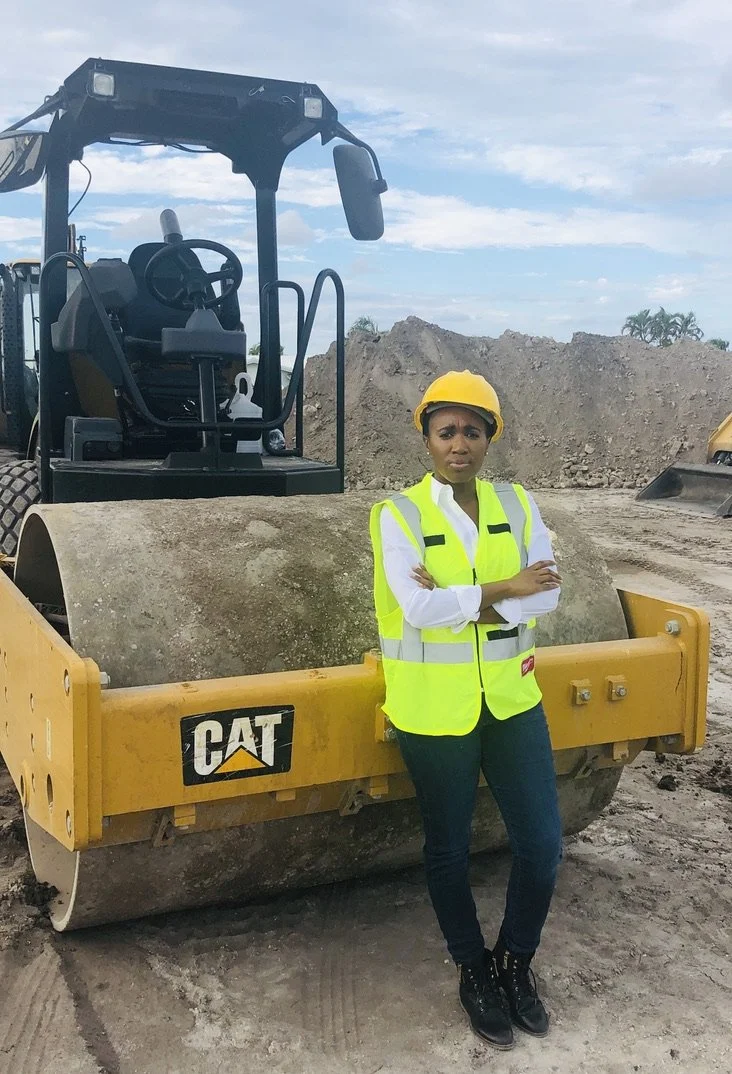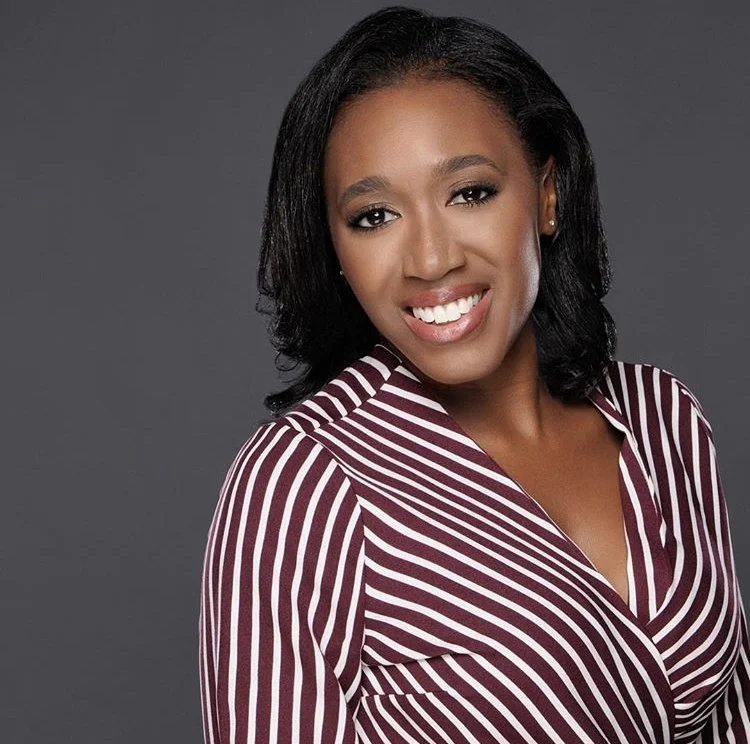Doubt Tax: The Penalty Women Pay in Male-Dominated Industries Just to Survive
Dear Women in Construction,
You’ve been told for years that the problem is “imposter syndrome”. That whisper in your head that says, “You don’t belong here.”
But you’ve got it all wrong. You are not broken.
What you’re feeling isn’t insecurity. It isn’t a lack of confidence. It’s the weight of something I call the Doubt Tax—the penalty women pay in male-dominated industries just to survive.
The Doubt Tax is the extra degrees, certifications, and licenses you’ve pursued not because you weren’t capable, but because you knew the second you walked into the room, someone would question if you belonged.
It’s the way you’ve been taught to people-please, to smooth edges, to shrink yourself so others can stay comfortable. It’s the armor you’ve had to wear to get through eight hours on a job site that was never designed with you in mind.
That’s not imposter syndrome. That’s survival.
Here’s the quiet part out loud: You cannot build your career on someone else’s fear.
Too often, you’ve anticipated the pushback because you’ve already lived it. The promotions you were told you weren’t ready for. The meetings where your ideas were ignored until a man repeated them. The job sites where your presence alone was treated as disruption.
So you over-prepare. You over-arm. You pile on credentials. But here’s what you must remember: you only need those things when you want them not to prove yourself to anyone else. Your worth is not measured in licenses and degrees.
Because belonging that requires you to shrink is not belonging at all. It’s bondage.
This is the difference between imposter syndrome and the Doubt Tax:
Imposter syndrome whispers: “Maybe I’m not ready. Maybe I don’t belong.”
The Doubt Tax says: “I know I’m ready. But I’ll need extra armor because others won’t see it.”
One is internal. The other is systemic and when you confuse the two, you end up carrying weight that was never yours to begin with.
I’ve been a woman in construction for 18 years. Breaking Barriers: Women at Work YouTube docuseries was born from frustration, doubt, and loneliness. Because I know what it feels like to be the only one, to carry the armor, to pay the tax. It was important to show the industry and outside world women who chose differently who led with authenticity instead of conformity.
Women like Kristina Thompson of John Deere, who showed us that authenticity is its own kind of strength.
Women like Dina Kimble of Royal Electric, who built a culture where her team could learn from mistakes and grow.
Women like Virginia Murphy of Waste Water Industrial Services, who proved that when you advocate for yourself, you also pave the way for the next generation behind you.
Their Breaking Barriers stories remind us: when women stop doubting themselves and start trusting themselves, they don’t just survive, they transform the industry.
The courage to disrupt isn’t about being loud or erratic. It’s not about becoming someone you’re not. It’s about coming back to yourself. It’s being honest, first with yourself, about who you are, what you want, and what you deserve in your career. It’s about refusing to betray your ambition for someone else’s comfort.
Ask a woman over 40 and she’ll tell you: she’s clearer now about what she wants and who she is than in her 20s. Because compliance is exhausting. Carrying everyone else’s insecurities is exhausting. Shrinking is exhausting, but you don’t have to do it anymore.
So here’s my ask of you:
• Be honest with yourself first.
• Name your ambition. Say it out loud. Claim it.
• Acknowledge your own insecurities but stop carrying theirs.
• Stop making yourself palatable for others and industry’s comfort.
Because you are not broken, the system is. And when you choose authenticity over armor, when you decide to stop paying the Doubt Tax, you don’t just advance your career. You make it possible for the next woman to step in and lead without carrying that weight at all.
With solidarity,
Jennifer Todd
About the Author: Jennifer Todd is a licensed General Engineering contractor and alumna of ASU’s Sandra Day O’Connor College of Law. She is the Founder and Executive Director of A Greener Tomorrow, a nonprofit advancing women, youth, and minorities in construction and the skilled trades. A seasoned board member, strategic advisor, and professional speaker, Jennifer brings nearly two decades of expertise to shaping workforce development, leadership culture, and industry innovation.


